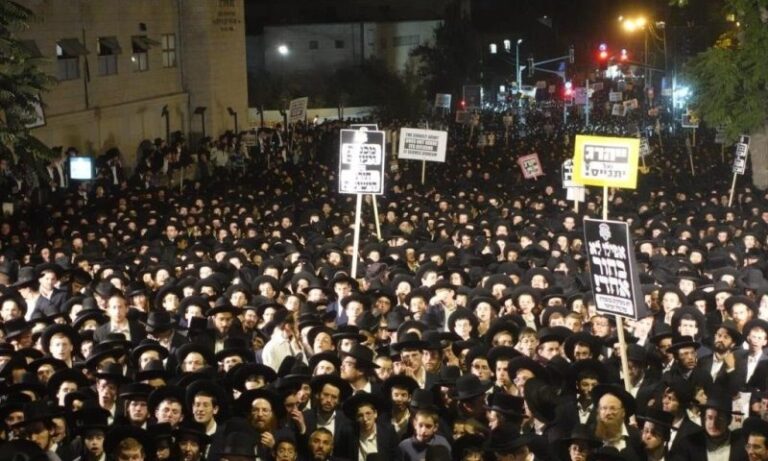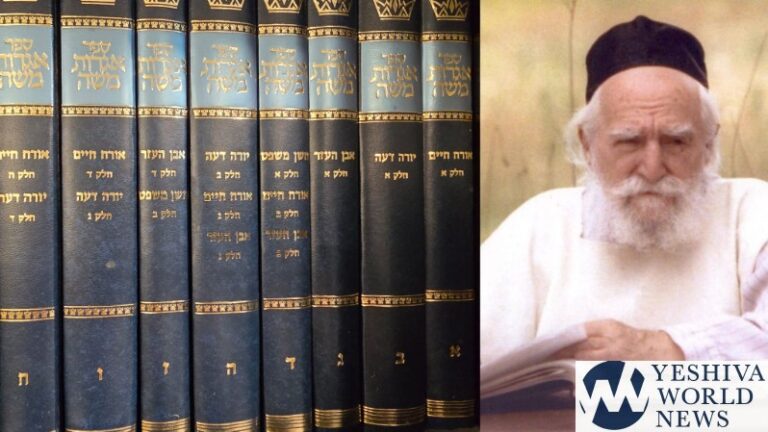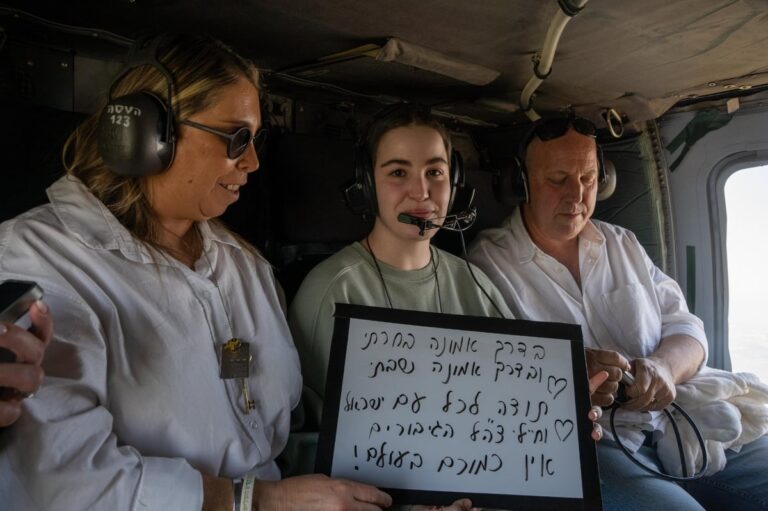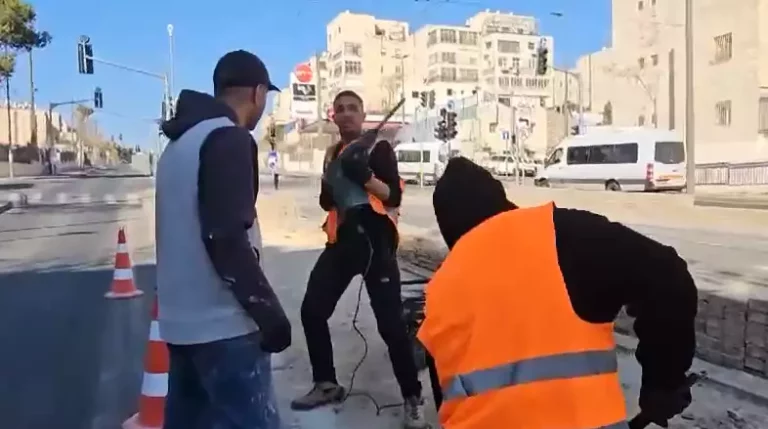
For the residents of the Knesses/Mazkeres Moshe area of Yerushalayim near Machane Yehuda, the coming days will present some unwanted difficulties as the Jerusalem Municipality is unwilling to accept their objections to a filming of a movie on Mazkeret Moshe Street. The film will result in the closure of the street from Tuesday morning 11 Adar I 5774 until Thursday 13 Adar at 19:00. Nearby Erez Street will also close, presenting significant difficulties for residents driving into and out of the community.
One of the area’s oldest shuls is on the street, Mazkeres Moshe, which has a daily neitz minyan attended by some of the elderly Yerushalmi residents, as well as a kollel of about 10 avreichim. The elderly mispallalim are brought by car, and after davening and daf yomi, driven back home. The street will be closed to vehicles.
No parking is permitted during the filming days, and this is an area with few parking spaces on the best of days, and pedestrians will be banned when filming takes place.
After the frum area residents realized that someone decided to film a movie in the community, they turned to MK Rabbi Uri Maklev, but sadly, the chareidi MK reports that City Hall is simply uninterested in the complaints from the frum residents and the show will go on.
The film addresses the autobiography of Israeli author Amos Ohz.
(YWN – Israel Desk, Jerusalem)











3 Responses
This mayor treats Yerushalayim like his private playground and has no respect for its kedusha or its residents. Anything for those who bring big bucks into the city – like tourism, but for those who live in it – nothing.
This isn’t so much a halachic dispute (the movie, at least the part being filmed, is an historical scene from back in the days when even the secular Jews wore clothes), as the same problem anywhere when a city recruits a movie company (lots of revenue for the city, lots of annoyance for the people). It happens in the US as well. The film crew should make a point of spending as money as the can in the neighborhood to make up for the shooting.
But again, this is NOT a Yiddishkeit issue.
Mipnei seivah takum and v’hadarta p’nei zakein are not “Yiddishkeit issues”?